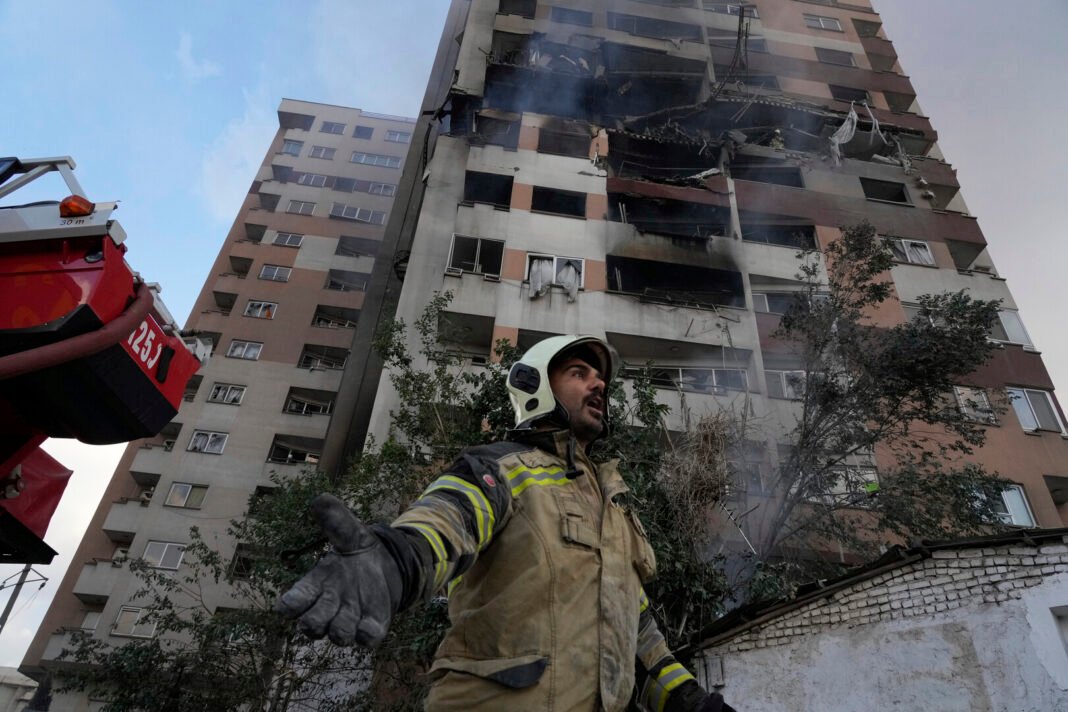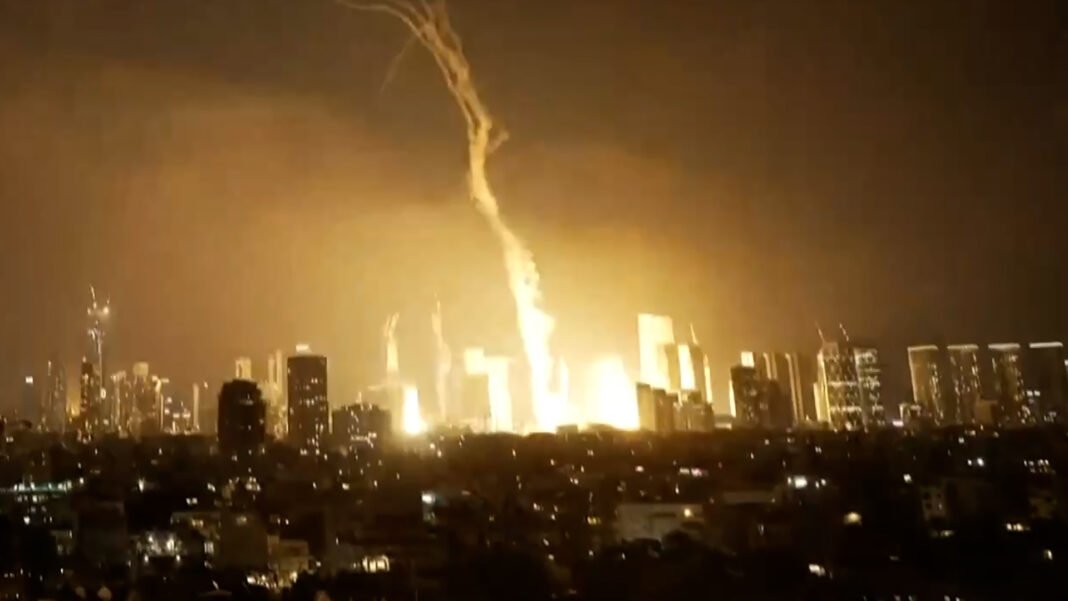Rising Tensions Between Israel and Iran Over Nuclear Developments
Israel has recently intensified its military campaign by targeting Iranian nuclear and military facilities, citing concerns that Iran is rapidly approaching the capability to produce a nuclear weapon.
Overview of Israeli Military Strikes
The operations reportedly resulted in the elimination of several high-profile Iranian nuclear scientists, including influential members of the Revolutionary Guard and senior commanders. These strikes also caused collateral damage in residential neighborhoods within Tehran, affecting civilian populations.
Iran’s retaliation Through Drone Attacks
In retaliation, Iran launched numerous armed drone assaults directed at Israeli territory, signaling a significant escalation in their ongoing conflict. this marks one of the most intense uses of unmanned aerial vehicles in recent Middle Eastern hostilities.
The Intelligence Driving Israel’s Preemptive Actions
Israeli authorities have stated that intelligence reports revealed Iran’s nuclear program had crossed a critical threshold where halting progress without direct intervention would be impossible. This assessment prompted urgent preemptive measures to disrupt further advancement.
International Legal and Safety Issues Surrounding Attacks on Nuclear Facilities
The International Atomic Energy Agency (IAEA) has warned that striking nuclear sites breaches international law and poses severe risks, including potential radioactive contamination with far-reaching environmental consequences. Such actions could inadvertently trigger widespread humanitarian crises.
Evaluating the Risks and Effectiveness of Disabling Iran’s Nuclear Ambitions
A key debate centers on whether Israel can successfully dismantle Iran’s nuclear infrastructure through targeted strikes without igniting broader regional instability or causing unintended ecological disasters. Analysts remain divided over whether these operations will delay or permanently halt Tehran’s progress or instead exacerbate tensions leading to further conflict escalation.
Current Regional Security landscape: Key Considerations
- advancements in Military Technology: Both Israel and Iran have substantially upgraded their warfare capabilities; notably, drone technology now plays a pivotal role in asymmetric conflicts across the Middle East.
- Status of Nuclear Progress: Autonomous assessments indicate that despite sanctions and diplomatic pressures, Iran continues uranium enrichment activities nearing weapons-grade levels.
- Civilian Consequences: Urban populations near targeted areas face heightened humanitarian challenges due to infrastructural damage combined with potential exposure to hazardous materials affecting thousands of residents’ health and safety.
The broader Geopolitical Impact of This Escalation
This confrontation exemplifies wider geopolitical tensions surrounding nuclear proliferation concerns. The implications extend beyond bilateral disputes as neighboring states closely observe developments amid fears about destabilizing effects throughout the Middle East region-where fragile alliances could be disrupted by escalating hostilities over security dilemmas related to atomic capabilities.
“Navigating between proactive defense strategies and compliance with international legal frameworks remains central to managing today’s complex security environment.”





